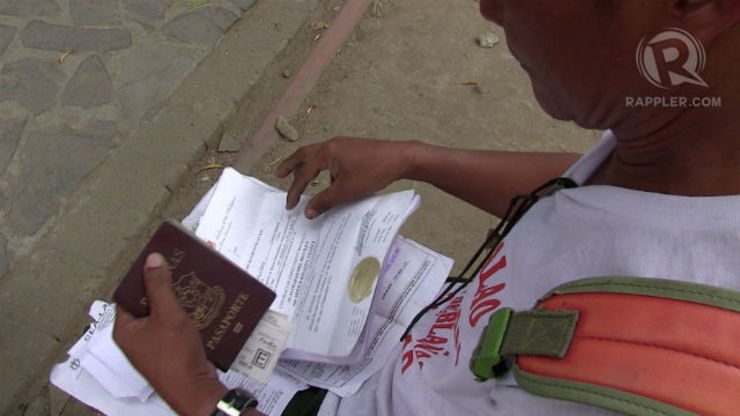SUMMARY
This is AI generated summarization, which may have errors. For context, always refer to the full article.

MANILA, Philippines – Seeking to improve overseas Filipino workers’ (OFWs) living standards, a lawmaker encouraged migrant workers who only finished high school or college undergraduate levels to complete their higher education through Open Distance Learning (ODL).
“We’ve established ODL precisely to help every Filipino, especially OFWs, working students, and persons with disabilities, realize their hopes and dreams of acquiring higher education,” said Pasig City representative Roman Romulo, who sits as chairman of the House committee on high and technical education.
The statement came after President Benigno Aquino III signed into law the Open Distance Learning Law (RA 10650) on December 9.
ODL makes education and instruction to students who cannot be physically present in a classroom easier. It provides “access to education when the source of information and the learners are separated by time and distance, or both,” the law states.
Romulo added: “What is great about ODL is that you can obtain a bachelor’s degree from any Philippine university, regardless of your location – while you are employed as a service crew of McDonald’s in Kuwait, a domestic helper in Riyadh, or a hotel bellhop in Abu Dhabi.”
Philippine diaspora
According to latest data from the Philippine Overseas Employment Administration (POEA), around 5,000 Filipinos leave the country every day for contact jobs in other countries. Most of these Filipinos are high school graduates, holders of certificate courses, or college undergraduates.
Under the new law, students enrolled in an ODL program shall enjoy the same privileges and benefits as a student in a physical classroom. This includes access to scholarships, grants and loans from government-aided funding sources.
“Technological advances that have made it possible to teach more and more subjects remotely, mainly via computers and the Internet, while our human resources, including OFWs, have to continually retool and upgrade their skills to stay highly competitive,” Romulo said.
RA 10650 mandates the Commission on Higher Education (CHED) and the Technical Education and Skills Development Authority (TESDA) to enforce new policies and regulations that would make ODL’s implementation effective in the country.
The law also gives the University of the Philippines Open University the job to assist CHED and TESDA in developing ODL programs. – Rappler.com
Add a comment
How does this make you feel?
There are no comments yet. Add your comment to start the conversation.